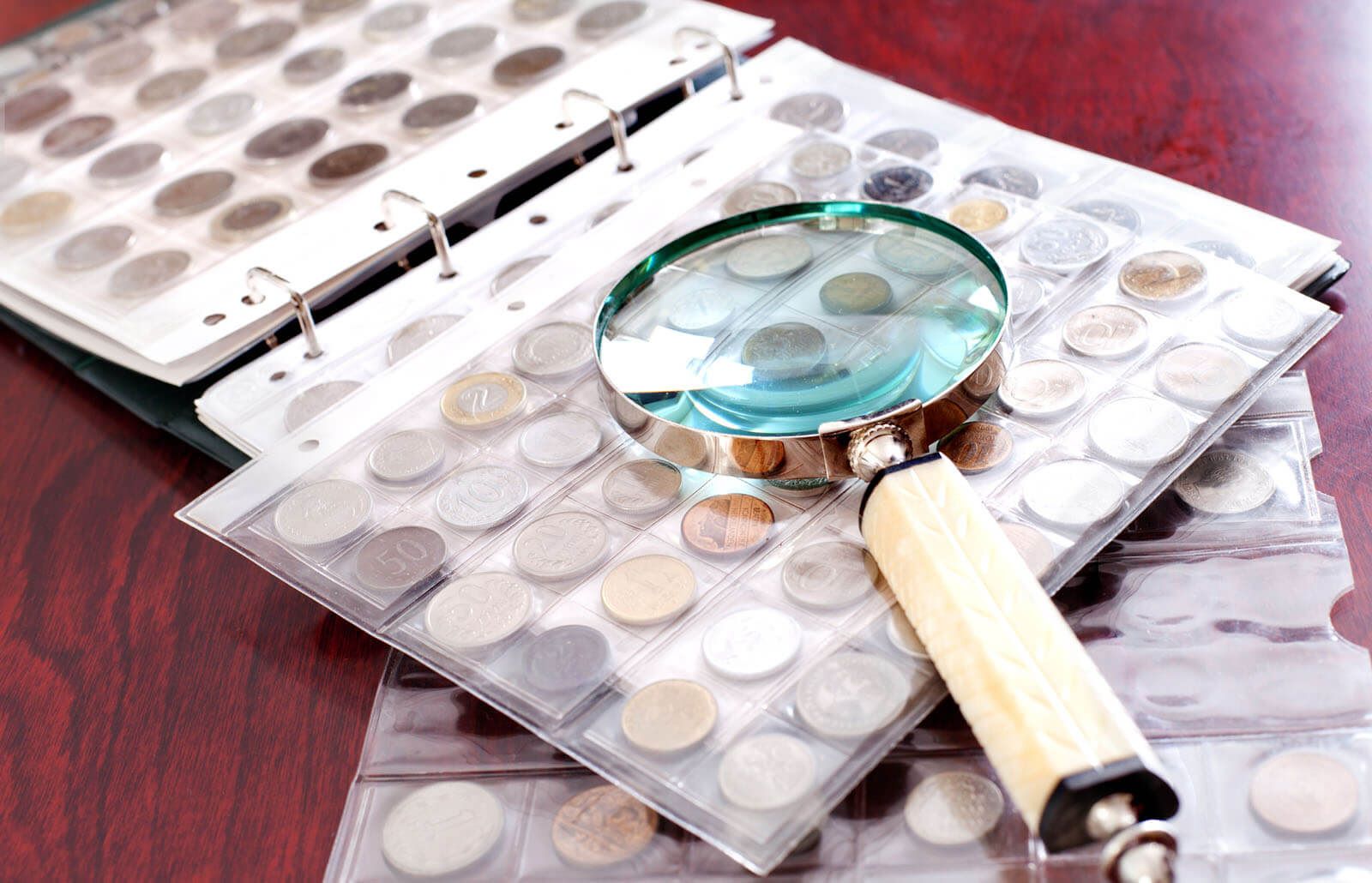

Articles
How To Store Old Coins
Modified: January 6, 2024
Learn the proper way to store your old coins with our informative articles. Protect the value and condition of your coin collection today!
(Many of the links in this article redirect to a specific reviewed product. Your purchase of these products through affiliate links helps to generate commission for Storables.com, at no extra cost. Learn more)
Introduction
Welcome to a fascinating world of numismatics, where the allure of ancient coins can transport us back in time. Whether you are an avid coin collector or stumbled upon a hidden treasure, proper storage of old coins is essential to preserve their value and historical significance. Coins can be made from various materials, such as gold, silver, copper, or even ancient alloys, each requiring specific care and attention.
As coins age, they become more delicate and susceptible to damage. Factors like moisture, temperature fluctuations, and exposure to air can lead to corrosion and deterioration of the coin’s surface. Therefore, it is crucial to understand the importance of proper coin storage to ensure these valuable artifacts remain in pristine condition for future generations to appreciate.
In this article, we will explore the various factors to consider when storing old coins and provide essential tips to maintain their longevity. By following these guidelines, you can safeguard your collection and potentially increase its value over time.
Key Takeaways:
- Proper storage of old coins is crucial to preserve their historical significance and monetary value. By using acid-free materials, creating a controlled environment, and handling coins with care, you can ensure their longevity.
- Regular maintenance and inspection of stored coins are essential for ongoing preservation. By establishing a routine, using proper lighting, and monitoring for damage or toning, you can safeguard your collection for future generations.
Read more: How To Store Coins
Importance of Proper Coin Storage
Proper coin storage is not just about keeping your collection organized—it plays a vital role in preserving the value and historical significance of each coin. Here are some key reasons why investing in proper storage techniques is essential:
- Preserves Condition: Coins are delicate objects that can easily scratch, tarnish, or corrode if not stored correctly. Proper storage methods help mitigate the risk of physical damage, oxidation, and other factors that can deteriorate the coin’s appearance.
- Retains Value: Coins, particularly rare or ancient ones, can hold significant monetary value. By preserving their condition through proper storage, you can retain their value and potentially increase it over time.
- Protects Historical Significance: Old coins often carry historical significance, reflecting different eras, cultures, and events. By storing them properly, you preserve their connection to the past and maintain their educational value for future generations.
- Avoids Chemical Reactions: Coins made of metals like silver or copper can undergo chemical reactions when exposed to certain elements, resulting in discoloration or damaging patinas. Proper storage mitigates contact with harmful substances and helps maintain the coin’s original appearance.
- Prevents Contamination: Dust, dirt, and oils from human hands can accumulate on coins’ surfaces, leading to potential damage or loss of details. Proper storage methods, such as using protective holders, keep coins shielded from external contaminants.
By understanding the importance of proper coin storage, you can ensure that your collection remains in pristine condition and retains its historical and monetary value. The following sections will delve into the factors to consider when storing old coins and provide valuable tips on the best practices to adopt.
Factors to Consider Before Storing Old Coins
Before you embark on storing your old coins, it is crucial to consider several factors that can significantly impact their longevity and preservation. Here are some key factors to keep in mind:
- Environment: The environment in which you store your coins plays a crucial role in their preservation. Factors like temperature, humidity, and exposure to light can affect the condition of the coins. It is recommended to store coins in a controlled environment with consistent temperature and humidity levels.
- Handling: The way you handle coins can leave lasting damage. Always hold coins by their edges to avoid fingerprints on the surfaces. Touching the coin with bare hands can transfer oils and moisture, leading to corrosion or tarnish.
- Cleaning: Before storing old coins, it is essential to ensure they are clean. However, improper cleaning methods can cause irreversible damage. Avoid using abrasive materials or harsh chemicals to clean coins. Instead, gently remove loose dirt or dust with a soft, lint-free cloth or a mild soap solution if necessary. If in doubt, consult a professional numismatist.
- Protection: Proper protection is crucial to prevent physical damage to coins. Consider using protective holders, such as coin flips, capsules, or coin albums, to shield them from scratches, moisture, and other external elements. Avoid using materials like PVC, as it can cause chemical reactions and damage the coins.
- Organized Storage: Organizing your coin collection not only helps in easy retrieval but also prevents unnecessary handling and potential damage. Consider categorizing your coins by type, date, or region, and label them accordingly. This will minimize the need for excessive handling during future inspections.
By considering these factors before storing your old coins, you can lay a solid foundation for their proper preservation. In the next section, we will explore the different types of coin storage materials available and guide you in selecting the most suitable options for your collection.
Choosing the Right Coin Storage Materials
When it comes to storing old coins, selecting the right storage materials is crucial for their preservation and protection. Here are some options you should consider:
- Coin Flips: Coin flips are small, clear plastic holders that allow you to safely store individual coins. They come in various sizes and are made of materials that are inert and safe for long-term storage. Coin flips provide protection against physical damage, fingerprints, and dust.
- Coin Tubes: Coin tubes are cylindrical containers made of hard, clear plastic. They are perfect for storing large quantities of coins of the same size. Coin tubes provide airtight storage and protect the coins from scratching and exposure to air and moisture.
- Coin Albums: Coin albums consist of pages with individual pockets or slots to securely hold and display coins. These albums are often made of acid-free materials and may come with protective sheets to prevent contact between coins. Coin albums are an excellent choice for showcasing a collection while providing protection from handling and environmental damage.
- Coin Capsules: Coin capsules are round, transparent cases designed to fit individual coins. They provide excellent physical protection and prevent contact with contaminants. Coin capsules are available in various sizes to accommodate different coin diameters.
- Safe Deposit Boxes: For long-term storage and added security, a safe deposit box at a bank or a specialized coin storage facility can be a good option. These boxes provide a controlled environment with enhanced protection against theft, fire, and other potential risks.
When choosing your storage materials, consider the size, type, and value of your coins. It is crucial to use materials that are made of archival-quality, acid-free, and PVC-free materials to avoid chemical reactions and long-term damage. Additionally, ensure that the storage materials fit the coins properly and provide adequate protection against physical damage.
Now that you have identified the right storage materials for your old coins, it’s time to explore the best practices for storing and preserving them. The following section will provide you with valuable tips to ensure your collection remains in excellent condition.
Best Practices for Storing Old Coins
To effectively preserve your old coins and maintain their condition, it is important to follow these best practices for storing them:
- Handle Coins Carefully: Always handle coins by their edges to avoid touching the surfaces. The oils and moisture from your hands can cause damage over time. If possible, consider using cotton gloves to minimize the transfer of oils and contaminants.
- Create a Suitable Storage Environment: Store your coins in a clean, dry, and stable environment. Avoid areas with extreme temperature fluctuations, high humidity, or direct sunlight. Ideally, aim for a temperature around 70 degrees Fahrenheit (21 degrees Celsius) and a relative humidity level between 45% and 55%.
- Use Acid-Free and PVC-Free Materials: Ensure that the storage materials you use, such as coin flips, capsules, albums, or tubes, are made of acid-free and PVC-free materials. These materials are inert and do not pose a risk of chemical reactions or long-term damage to the coins.
- Avoid Exposure to Air and Moisture: Coins are susceptible to oxidation and corrosion when exposed to air and moisture. Store your coins in airtight containers, such as coin capsules or airtight plastic bags, to prevent contact with these damaging elements. Silica gel packets can be added to absorb excess moisture.
- Keep Coins Separated: To prevent scratches and damage, avoid storing coins directly in contact with one another. Use individual holders or dividers within storage containers to keep coins separated and prevent any potential friction or scratching.
- Regularly Inspect and Maintain Your Collection: Periodically inspect your stored coins for any signs of damage, corrosion, or pest infestation. Gently clean them if necessary using appropriate methods, such as using a soft cloth or a mild solution of dishwashing soap and water. Avoid abrasive cleaning techniques that can harm the coin’s surface.
- Document and Organize Your Collection: Keep a detailed inventory of your coin collection, noting important information such as dates, mint marks, and any historical significance. Organize your collection in a systematic manner, categorizing the coins by type, date, or region, and label them accordingly.
By adhering to these best practices, you can ensure the long-term preservation and protection of your old coin collection. However, it’s important to remember that each coin is unique, and you may need to adapt these practices based on the specific materials and condition of your coins.
In the next section, we will explore some common mistakes to avoid when storing old coins to help you safeguard your collection effectively.
Store old coins in a cool, dry place to prevent corrosion and damage. Use acid-free holders or capsules to protect the coins from scratches and environmental elements. Avoid handling the coins with bare hands to prevent oil and dirt transfer.
Read more: How To Store Silver Coins
Avoiding Common Mistakes in Coin Storage
When it comes to storing old coins, there are several common mistakes that collectors often make. By being aware of these mistakes, you can ensure the proper preservation and protection of your coin collection. Here are some mistakes to avoid:
- Using PVC-Based Materials: Avoid using storage materials that contain PVC (polyvinyl chloride) as it can react with the coin’s surface and cause long-term damage. PVC can leave a greenish residue known as “PVC residue” on the coins, leading to corrosion or discoloration.
- Overcleaning: While it is important to keep your coins clean, overcleaning can actually do more harm than good. Excessive and harsh cleaning methods can remove natural toning or damage the delicate surfaces of the coins. Use a gentle cleaning approach and consult a professional numismatist if you are unsure.
- Touching the Surfaces: Avoid touching the surfaces of the coins with your bare hands. The natural oils and acids present on the skin can transfer to the coin, leading to corrosion or toning. Handle coins by the edges or wear cotton gloves to minimize contact with the surfaces.
- Storing Coins in Non-Acid-Free Materials: Acidic storage materials, such as cardboard, can cause chemical reactions and damage the coins. Ensure that the materials you use for storage, such as albums or flips, are made of acid-free materials to prevent any potential harm.
- Exposing Coins to Excessive Moisture: Moisture can lead to corrosion and damage to the coin’s surface. Avoid storing coins in areas with high humidity, like basements or bathrooms. Additionally, refrain from using excessive amounts of cleaning solutions that may not dry completely, leading to residual moisture on the coins.
- Failing to Secure Storage Containers: Make sure that your storage containers are properly secured and sealed to prevent dust, dirt, or pests from entering. Loose or improperly closed containers can expose coins to potential damage over time.
- Storing Coins in a Non-Controlled Environment: Extreme temperature fluctuations can cause damage to coins. Avoid storing coins in areas prone to dramatic shifts in temperature, such as attics or garages. Aim for a stable environment with moderate temperatures to ensure the longevity of your collection.
By avoiding these common mistakes, you can maintain the integrity of your coin collection and preserve their value and historical significance for years to come.
Now that you have a better understanding of how to avoid common mistakes, let’s explore the next section on long-term storage for old coins and how to ensure their continued preservation.
Long-Term Storage for Old Coins
When it comes to preserving old coins for the long term, taking extra precautions is crucial. Proper long-term storage will help safeguard your coins from environmental factors and ensure their preservation. Here are some tips for long-term coin storage:
- Choose an Ideal Storage Location: Select a dedicated and controlled environment for long-term storage. Consider using a safe deposit box at a bank or a specialized coin storage facility. These locations provide a secure and climate-controlled environment, protecting your coins from the risks of theft, fire, and fluctuations in temperature and humidity.
- Utilize Air-Tight Containers: Opt for air-tight containers, such as coin capsules or vacuum-sealed bags, to prevent exposure to air and moisture. These containers create a barrier that helps minimize the risk of oxidation and corrosion over extended periods.
- Include Desiccant Packs: To combat moisture accumulation during long-term storage, consider adding desiccant packs or silica gel packets to absorb excess humidity. Place these packs inside the storage containers to help maintain a dry and moisture-free environment.
- Periodically Inspect and Maintain: Regularly check on your stored coins to ensure their condition. Remove them from their storage containers, inspect for any signs of damage, and gently clean if necessary. However, be cautious with cleaning and seek professional advice if you are unsure about the appropriate cleaning methods.
- Monitor the Storage Conditions: If storing coins at home, periodically monitor the storage location’s temperature and humidity levels. Use a digital hygrometer and thermometer to ensure they remain within the desired range. Make any necessary adjustments to maintain a stable environment.
- Update Storage Materials if Needed: Over time, storage materials may deteriorate or become less effective. Regularly assess the condition of your storage containers, capsules, and other materials. If any show signs of wear or damage, replace them promptly to ensure continued protection.
Remember, long-term storage requires extra care and attention to preserve the coins’ condition over an extended period. By following these guidelines, you can confidently store your old coins for future generations to enjoy.
In the final section of this article, we will discuss the importance of regular maintenance and inspection of your stored coins to ensure their ongoing protection and preservation.
Regular Maintenance and Inspection of Stored Coins
Regular maintenance and inspection of your stored coins are essential to ensure their ongoing protection and preservation. By following these practices, you can identify and address any potential issues before they worsen. Here are some tips for maintaining and inspecting your stored coins:
- Establish a Routine: Set a regular schedule for inspecting your stored coins. Depending on the size of your collection, it can be monthly, quarterly, or annually. Consistency is key to staying on top of any changes or damage that may occur.
- Gentle Handling: When inspecting coins, handle them with care to avoid any accidental damage. Hold them by their edges or wear cotton gloves to minimize contact with the surfaces. Avoid using excessive force or pressure when examining coins, as this can lead to scratches or other physical damage.
- Use Proper Lighting: Ensure adequate lighting when examining coins to detect any potential issues. Use natural daylight or a soft white LED light source to avoid harsh glares or reflections that can distort your view. A magnifying glass or a loupe can also be helpful for closer examination.
- Check for Damage: Inspect each coin for signs of physical damage, such as scratches, dents, or discoloration. Look for any changes in the coin’s surface, edges, or details. If you notice any damage, consult with a professional for appropriate restoration or conservation methods.
- Monitor Toning or Discoloration: Pay attention to any changes in the toning or coloration of your stored coins. Toning can occur naturally over time and add to the coin’s beauty, but excessive discoloration or spotting may indicate a chemical reaction or contamination. Consult an expert if you are unsure about the nature and impact of the toning.
- Check for Pest Infestation: Inspect your storage containers and surrounding area for any signs of pest infestation. Common pests, such as silverfish or moths, can damage coins. If you notice any pests or evidence of their presence, take immediate measures to eradicate them and protect your collection.
- Record and Document Changes: Keep a detailed record of any changes, damage, or updates regarding your coins. This information will be valuable for future reference and potential appraisals. Consider taking clear photographs of your coins to document their condition over time.
By regularly maintaining and inspecting your stored coins, you can identify and address any issues promptly, ensuring their ongoing preservation and protection. If you encounter any concerns or are unsure about the best course of action, consult with a professional numismatist for expert advice.
As we conclude this article, we hope that the information provided has equipped you with the knowledge and tools to store your old coins properly. By following the best practices and avoiding common mistakes, you can safeguard your collection and preserve its value for years to come.
Conclusion
Proper storage of old coins is essential for preserving their value, historical significance, and overall condition. By understanding the factors to consider, choosing the right storage materials, following best practices, and avoiding common mistakes, you can ensure the longevity of your coin collection.
Remember to handle coins with care, create a suitable storage environment, use acid-free and PVC-free materials, protect coins from air and moisture, and regularly inspect and maintain your collection. By taking these steps, you can prevent damage, corrosion, and other potential risks that can jeopardize the integrity of your coins.
Whether you are an avid collector, an inheritor of old coins, or simply a custodian of history, proper storage techniques are essential for preserving these valuable artifacts. The thrill of uncovering rare and ancient coins can only be sustained if we prioritize their long-term protection and ensure their continued enjoyment for future generations.
So remember, invest in high-quality storage materials, create a controlled storage environment, and establish a routine for maintenance and inspection. By doing so, you will not only protect the financial and historical value of your old coins but also enrich the appreciation and understanding of these fascinating pieces of our past.
Take the time and effort to implement these storage practices, and your collection will shine brightly as a testament to your dedication and passion for numismatics. Happy storing!
Frequently Asked Questions about How To Store Old Coins
Was this page helpful?
At Storables.com, we guarantee accurate and reliable information. Our content, validated by Expert Board Contributors, is crafted following stringent Editorial Policies. We're committed to providing you with well-researched, expert-backed insights for all your informational needs.
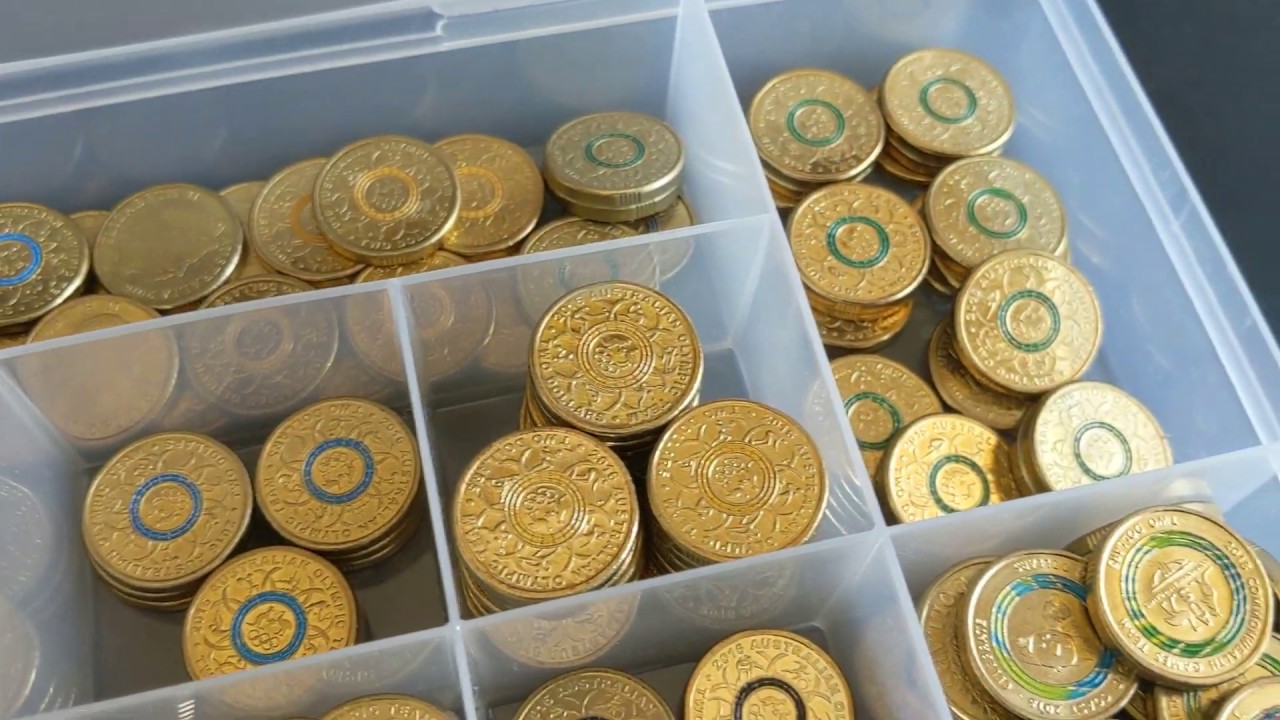
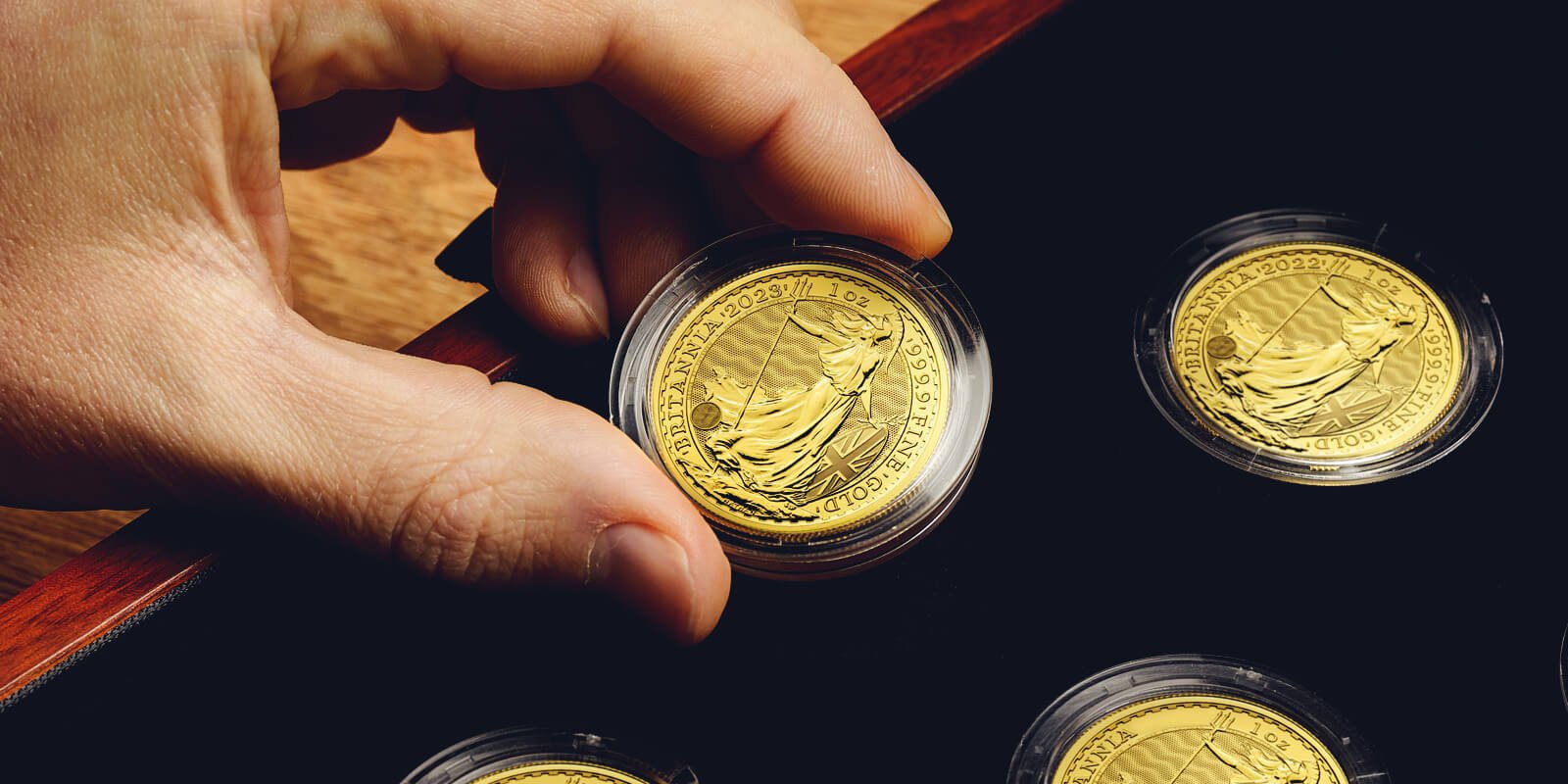
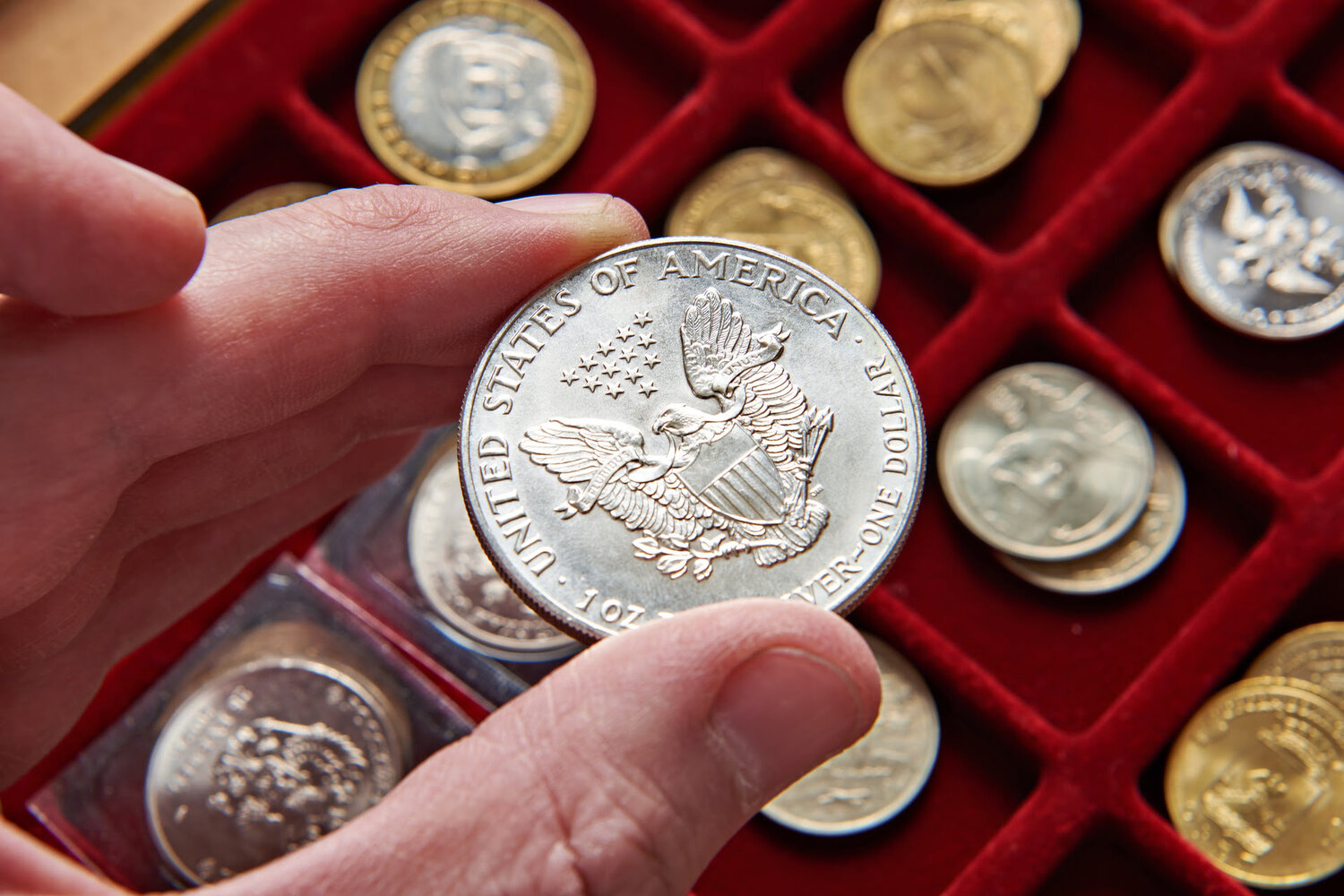
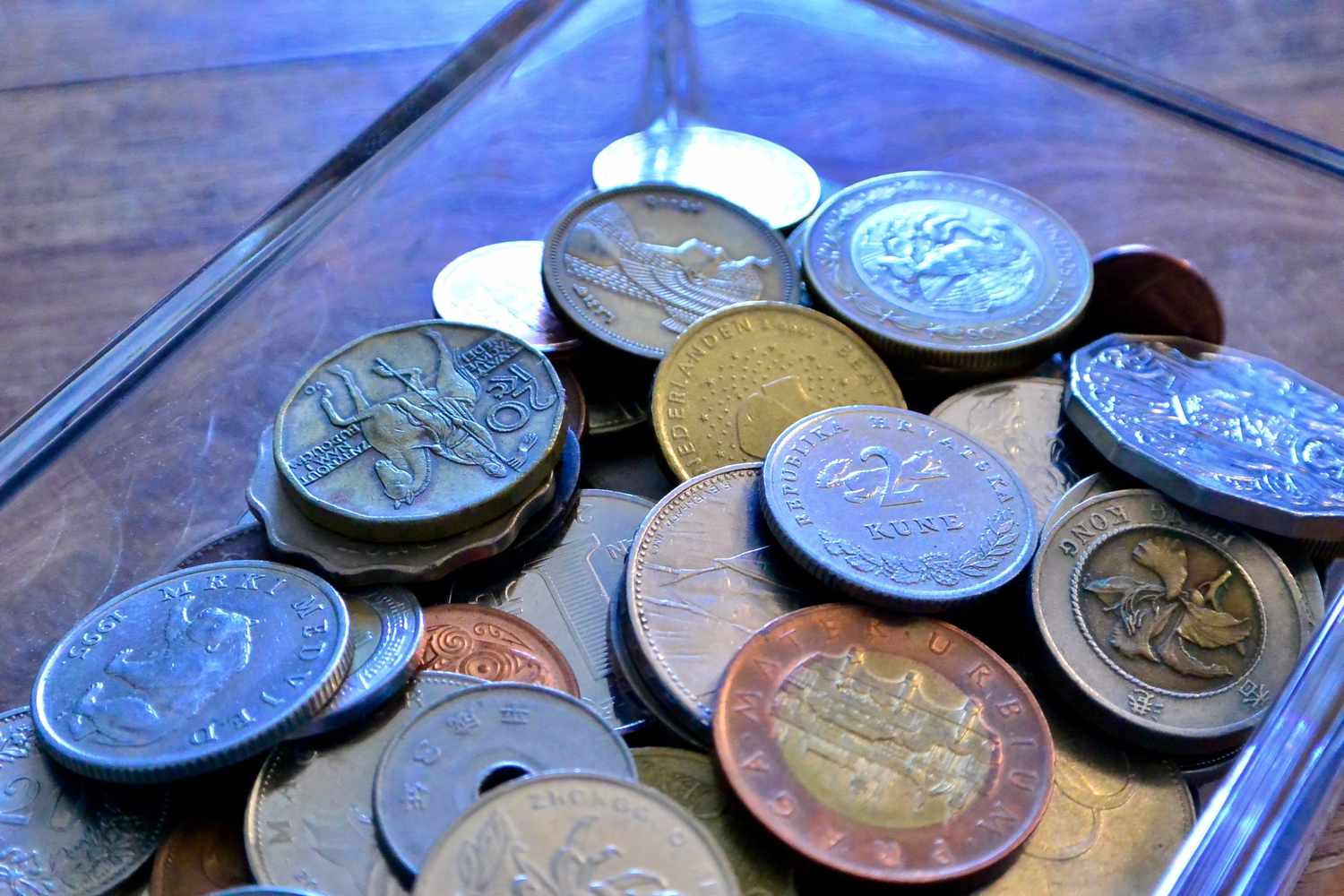
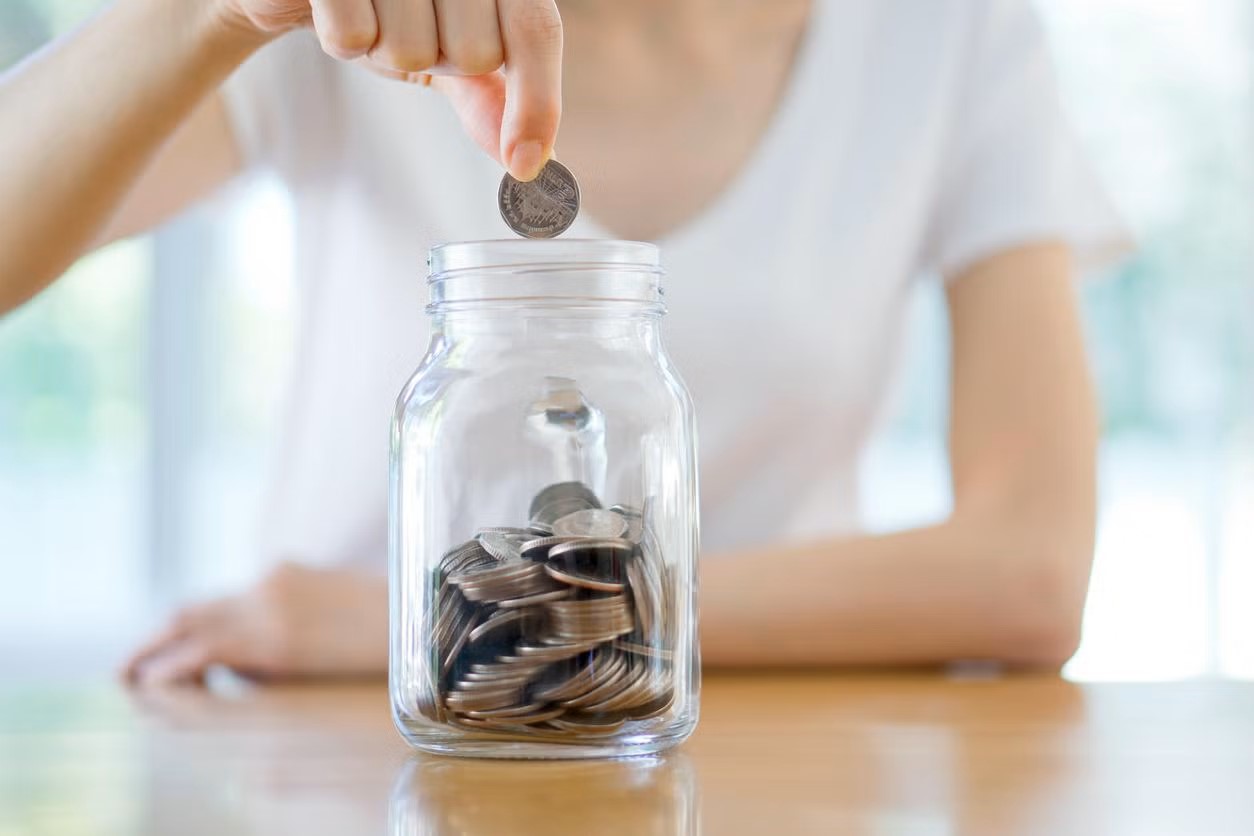
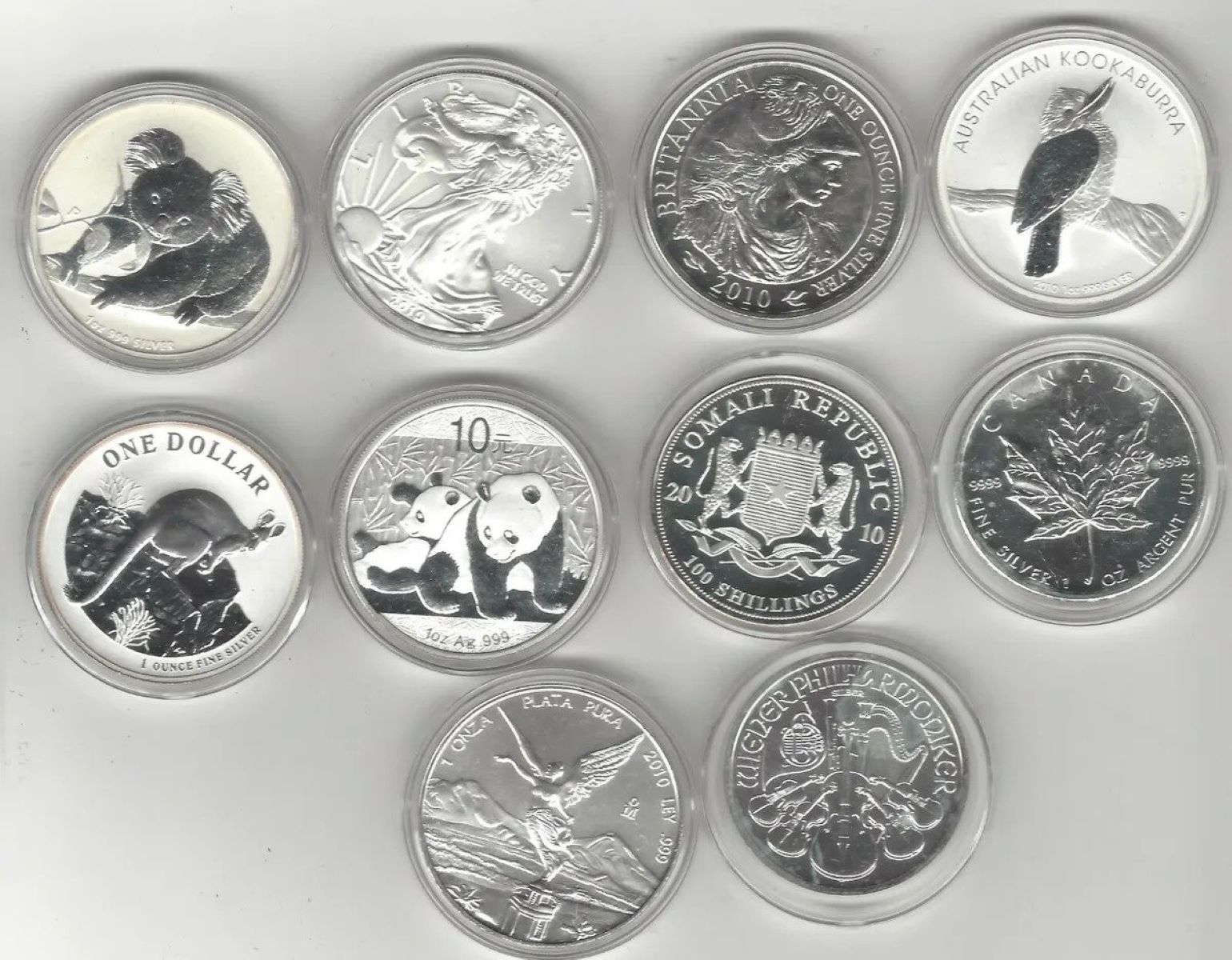
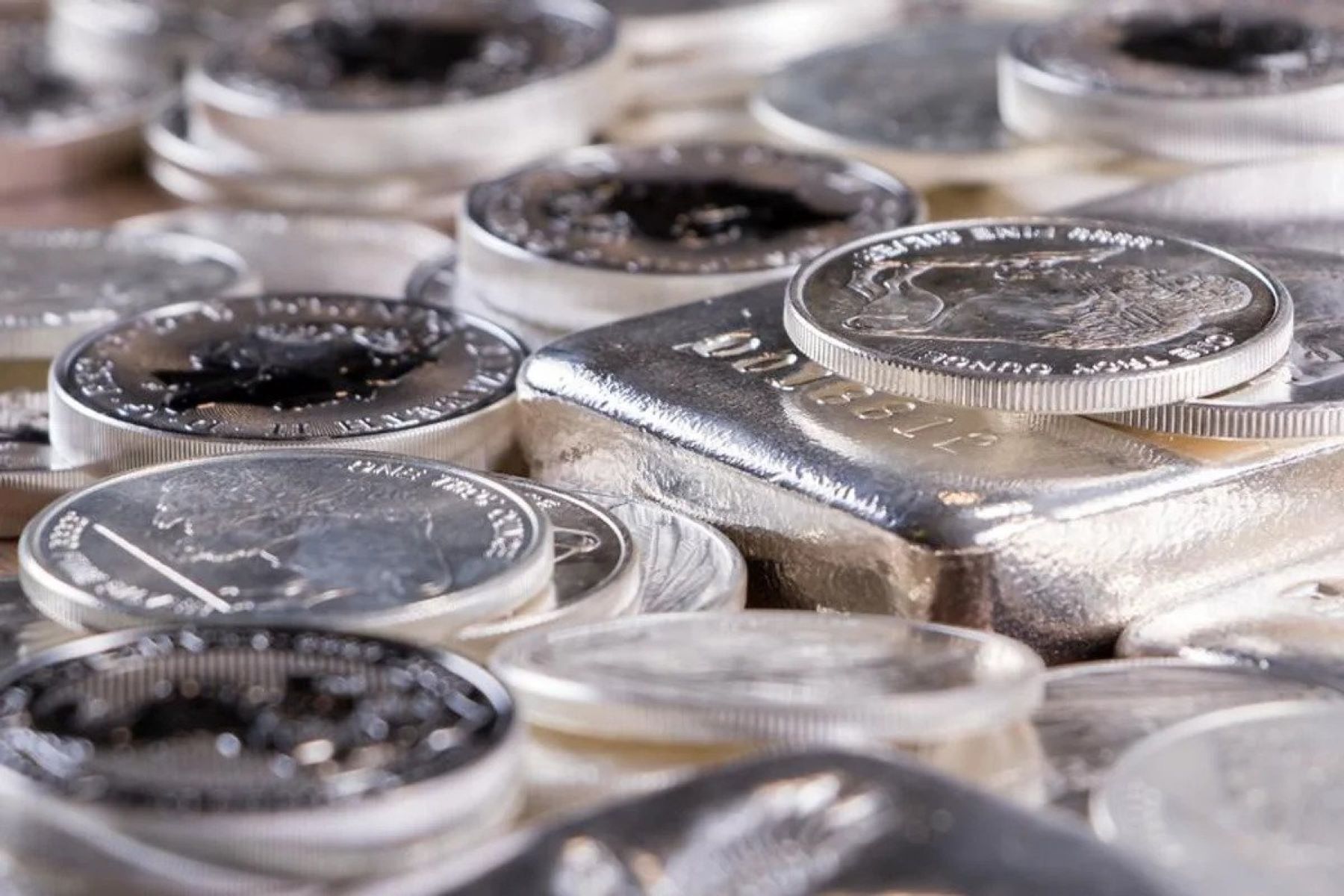
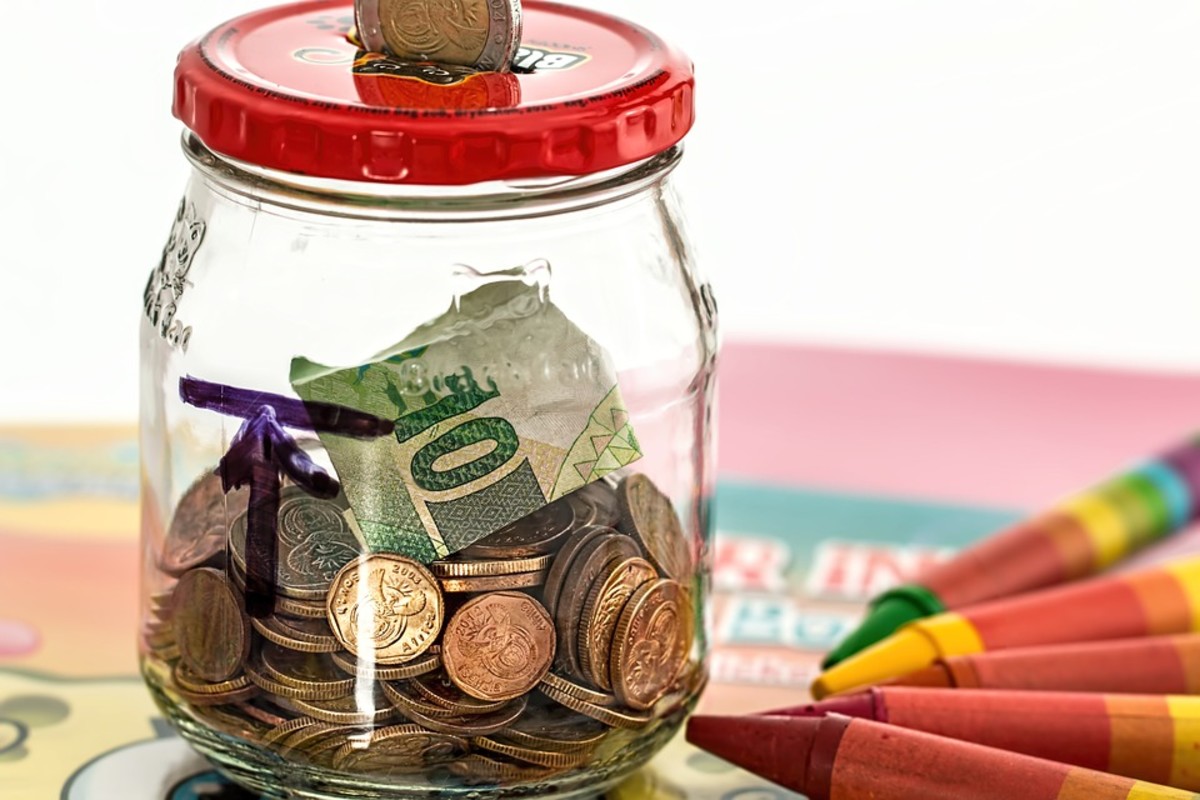
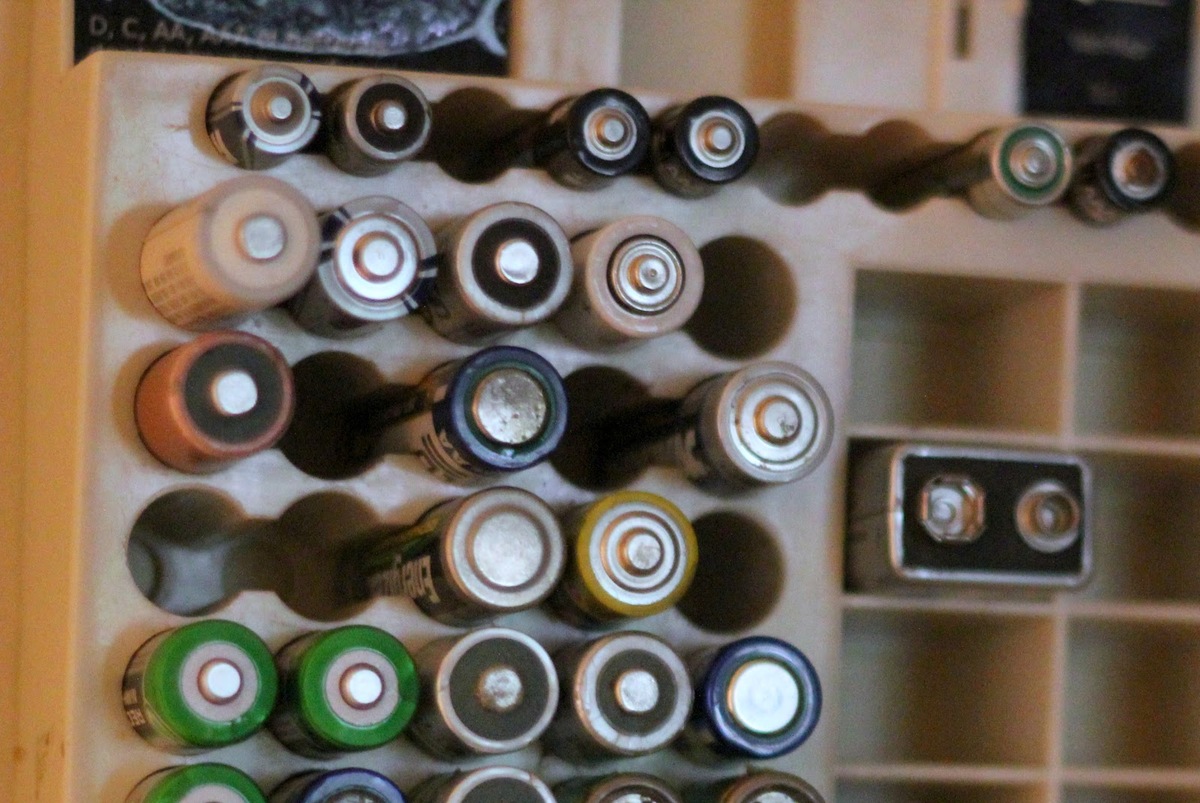
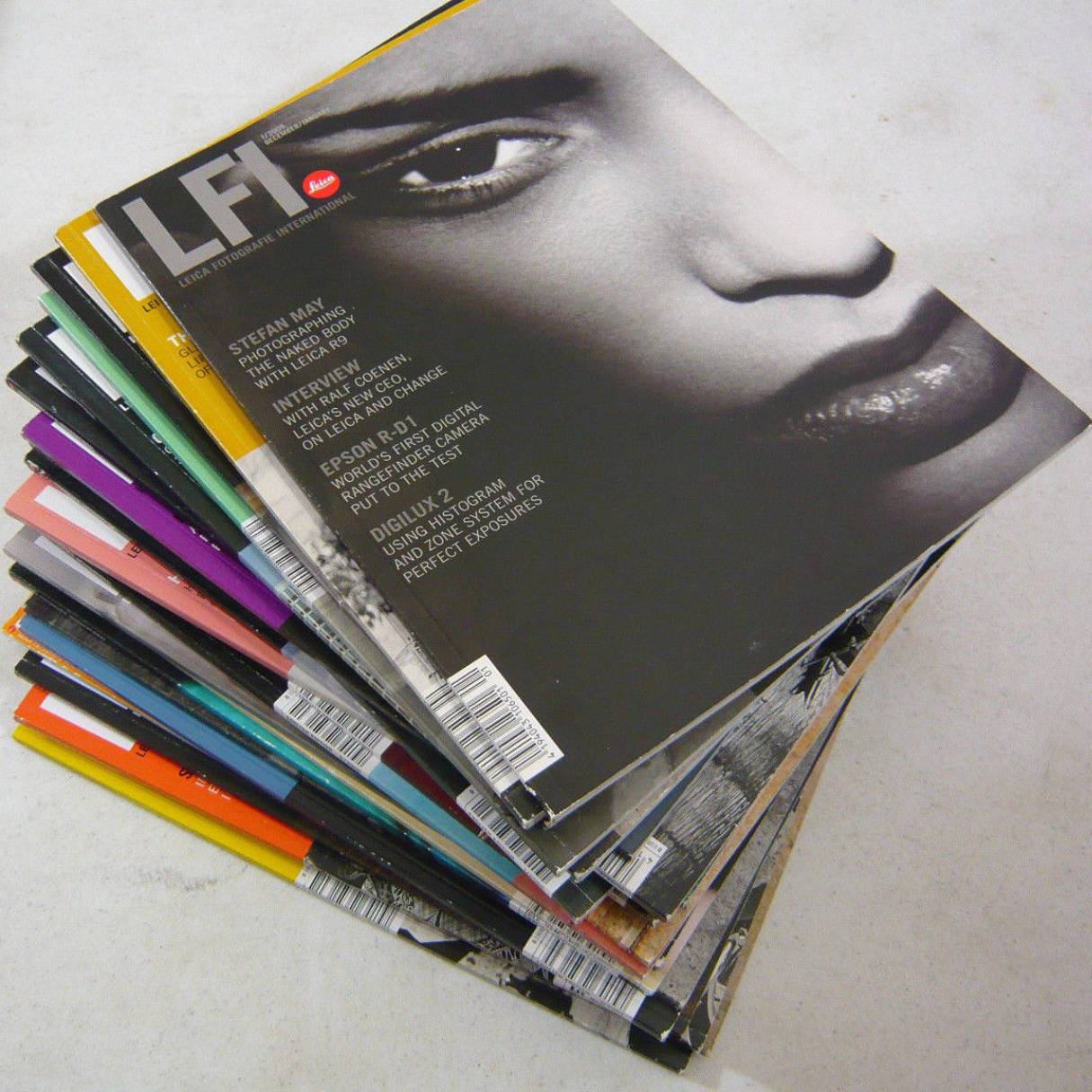
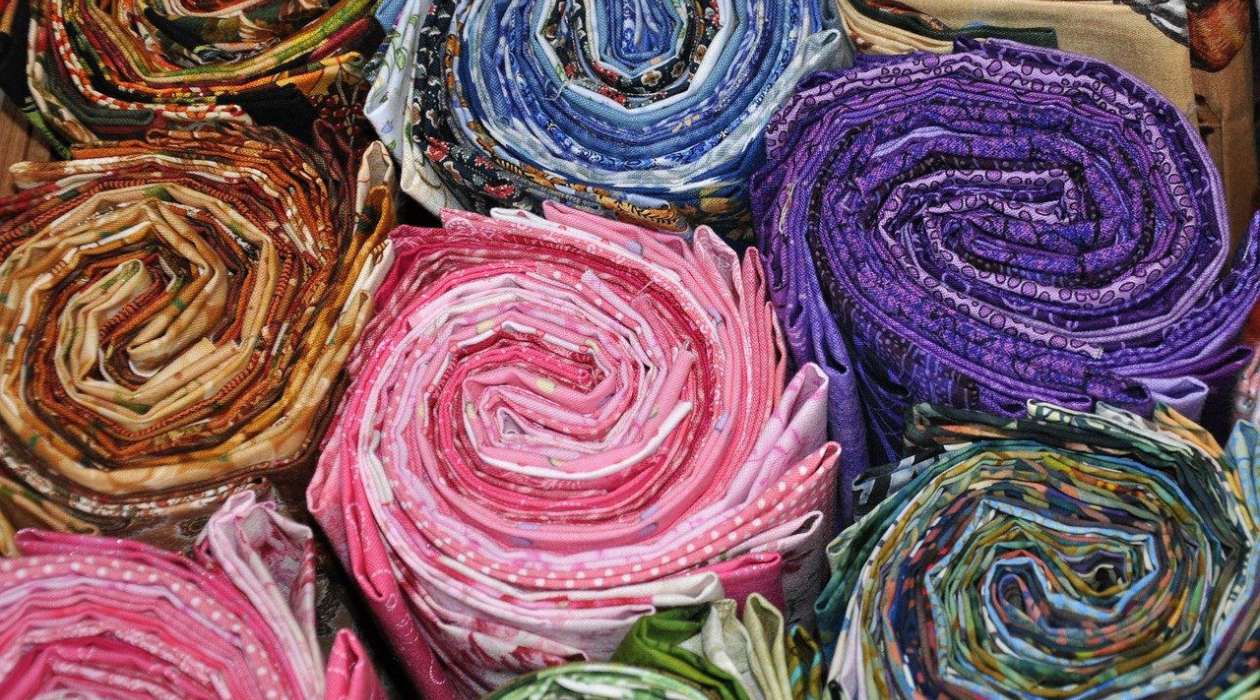

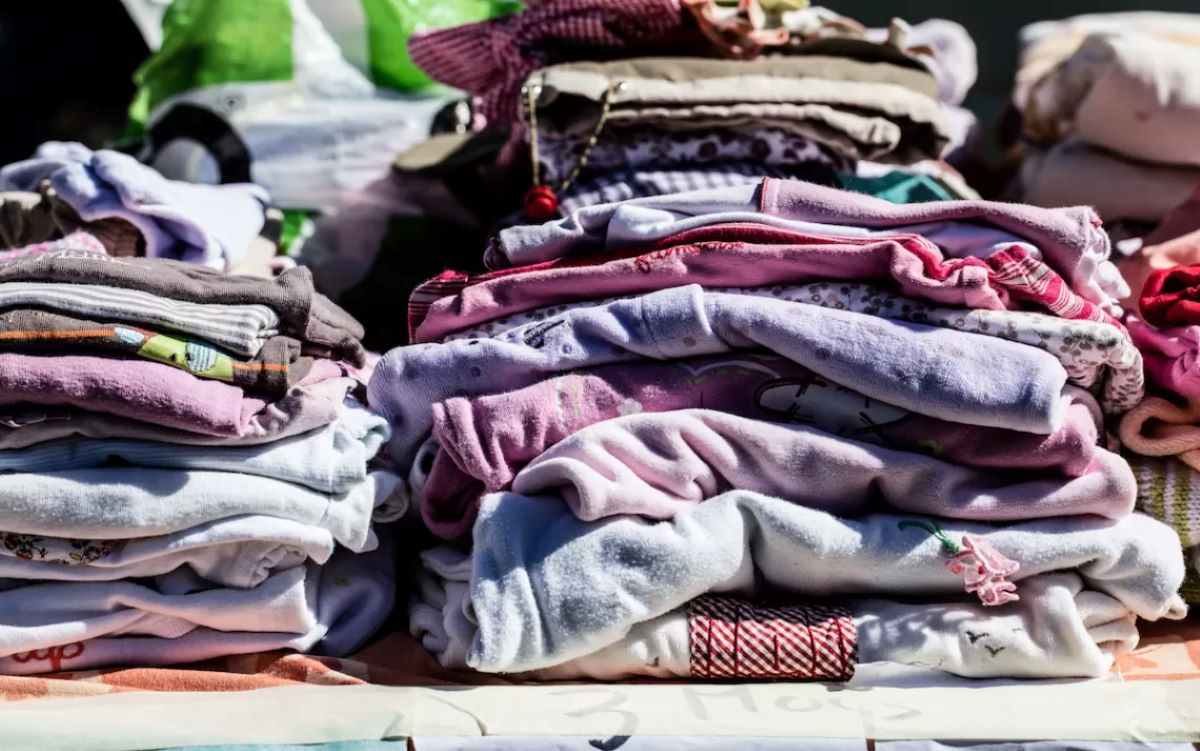
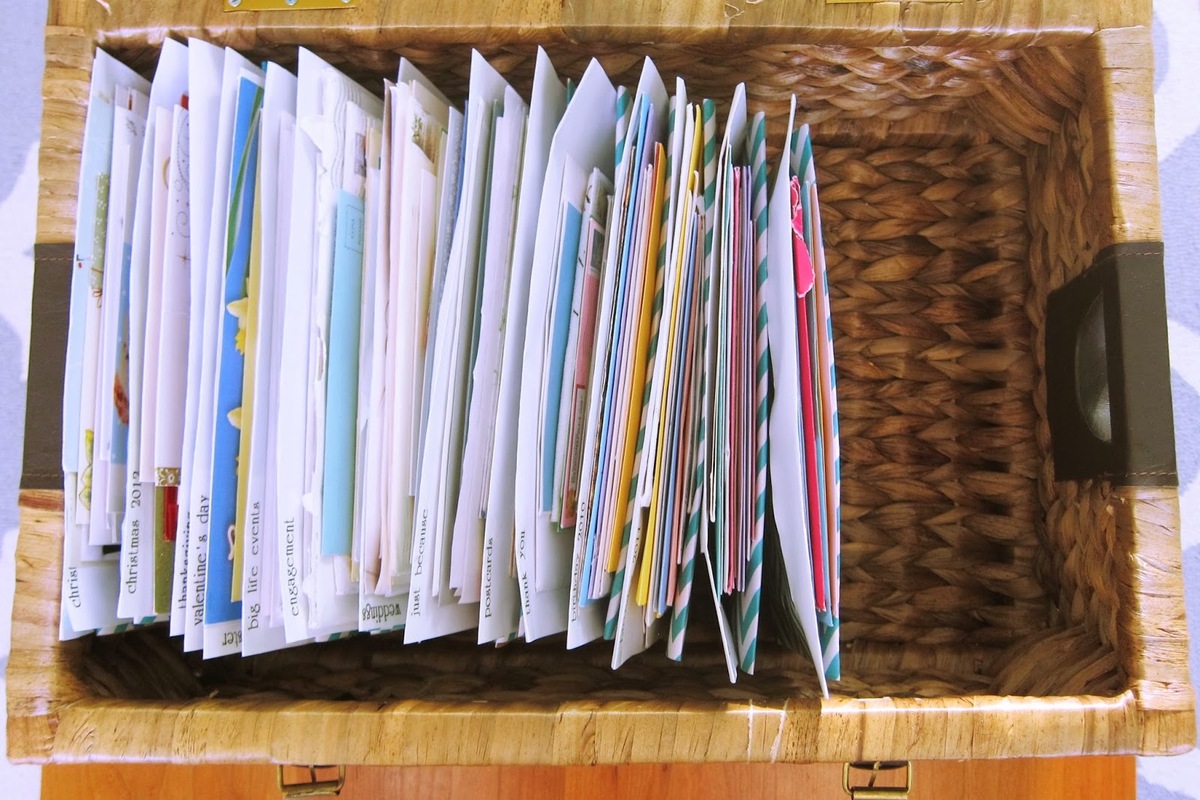

0 thoughts on “How To Store Old Coins”